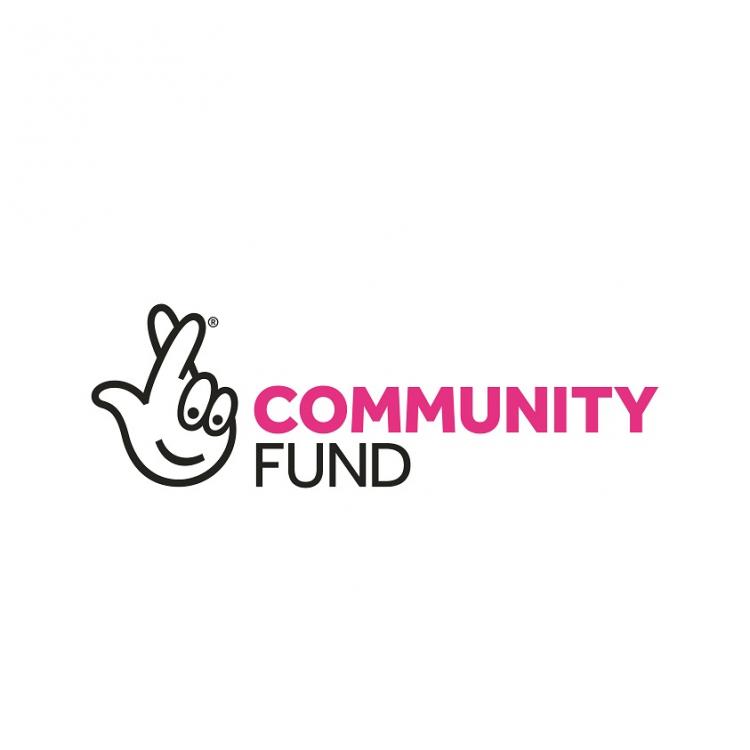The National Lottery Community Fund (NLCF) today opened the £200 million emergency fund to support charities and community groups during the coronavirus pandemic.
You can read the guidance on who is eligible and how to apply here.
The most important thing to note is that applications will be assessed on a firstcome-first-serve basis. NLCF expects to be hugely oversubscribed and will only be able to allocate funds to a small proportion of applicants – organisations are therefore advised to submit theirs as soon as possible.
Some of the other key points from the guidance include:
- The scheme is offering funding between £300 to £10,000 and £10,000 to £100,000. The main difference between the two funding thresholds appears to be what activities it can be used to fund.
- You can apply if your organisation is a:
- voluntary or community organisation
- registered charity
- constituted group or club
- not-for-profit company or Community Interest Company
- NLCF is looking to work in partnership with other organisations in order to get funding to communities as soon as possible.
- Both government and NLCF funding pots can be applied for using the same application form, however you should say in your application if you are not able to apply for Lottery funding.
- Successful applications should receive funding in their accounts within 14 days.
Applications that will be prioritised, include:
- Those for organisations working with communities disproportionately impacted by the pandemic, such as:
- Older people
- Disabled people
- People from BAME backgrounds
- Organisations providing services and support for vulnerable people, such as:
- Families in financial hardship
- Domestic abuse
- Violence against protected groups
- Homelessness
- Vulnerable children and young people
- Mental health
- Loneliness and isolation
- Organisations which connect communities and support communities to work together to respond to Covid19, including:
- Supporting volunteering and community organising
- Supporting community and sector infrastructure
- Digital and technology capabilities
- Building capacity and infrastructure for BAME and other marginalised communities
